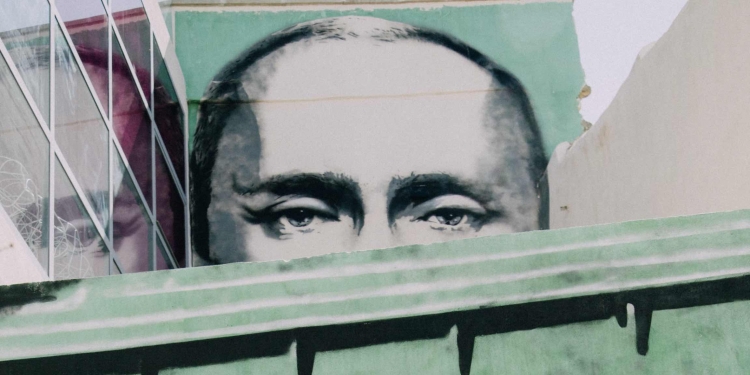The Russian government is reportedly thinking of legalising certain forms of software piracy. The legislation is a potential workaround for Western-based products whose companies’ have recently cut off distribution in Russia.
“With no signs that Vladimir Putin intends to stop his military campaign against Ukraine, there are hopes that sanctions will press the Russian president to stop the killing. However, Russia has plans to live under sanctions if necessary, which may include the legalization of some software piracy. There has also been a call to unblock the country’s largest torrent site,” said Andy Maxwell of Torrentfreak.
A large number of companies have agreed to temporarily halt product sales and licensing in Russia. Other companies like TikTok and Netflix announced that they suspended access to their platforms in the country. Basically, the West, in general, have recently sought harsh economic pressure on Russia—in a bid to stop Russian President Vladimir Putin’s military invasion of Ukraine. Microsoft and Adobe have also cut off their sale of new products and services in Russia. However, it doesn’t sound like Russia is giving in that easily.
“Indeed, Putin appears to be digging in for the long haul and is seemingly intent on demonstrating that sanctions can be mitigated in dozens of ways, even if that means changing local law,” continued Maxwell.
The Russian government’s plan is to essentially greenlight certain forms of software piracy as part of a broader strategy recently released by the Ministry of Economic Development of Russia. It’s a strange but creative way to allow its citizens to continue using vital technology from the West. But funnily enough, the new plan means that they will have to throw Russia’s old, more intense anti-piracy law right into the bin.
In 2013, Russia introduced its anti-piracy law to give the authorities the power to tell internet companies to cut off access to sites found to be pirating media. In 2015, the law was beefed up to also cover sites that share links to pirated music, books, and software—resulting in human rights groups saying that the law was “draconian”.
[ SOURCE, IMAGE SOURCE ]








